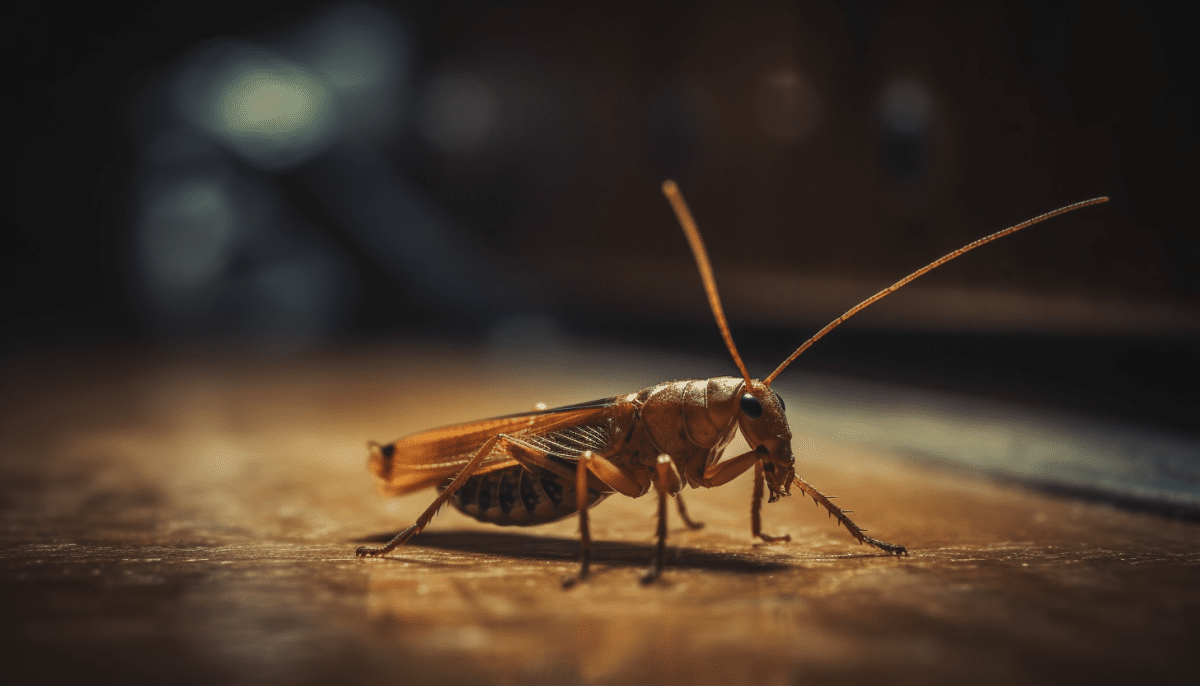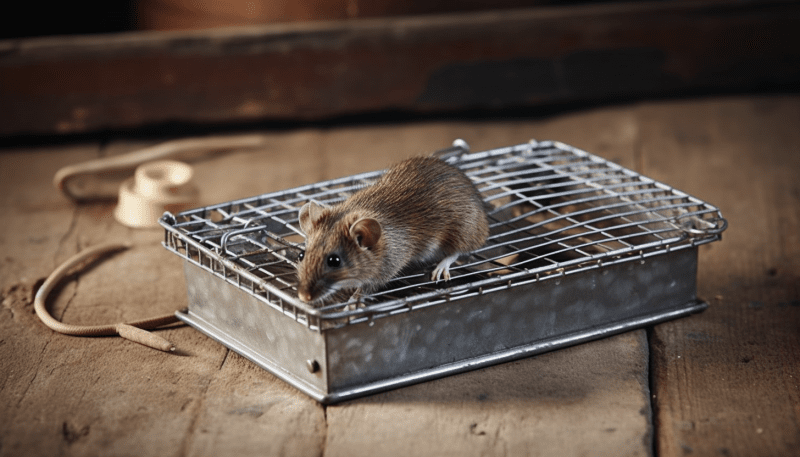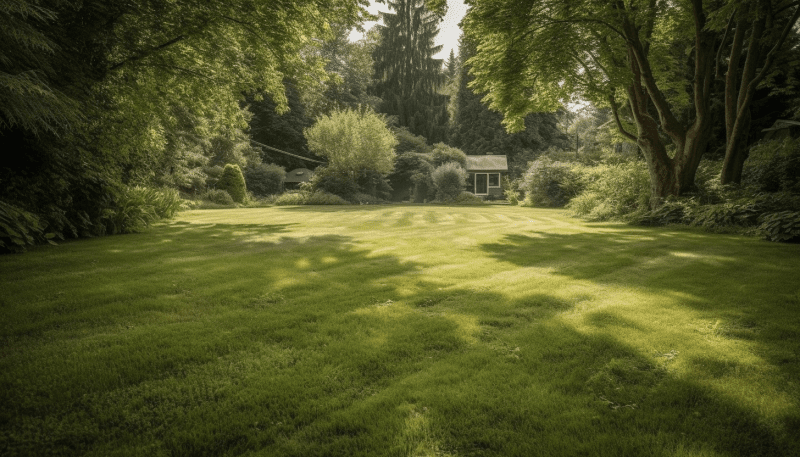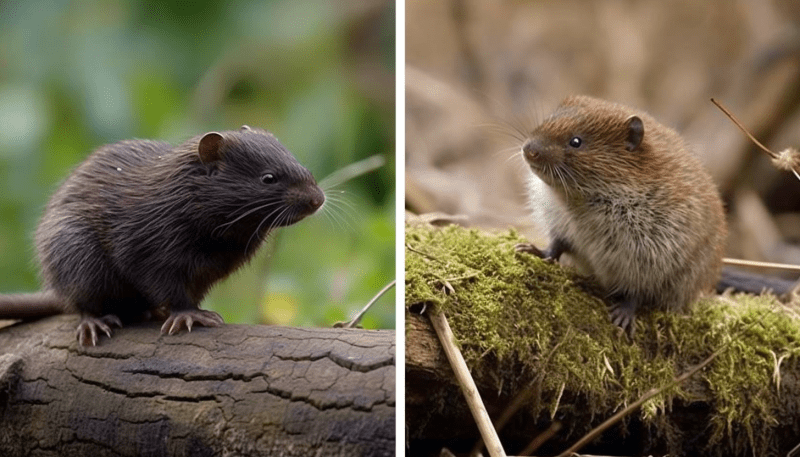Flies are more than just an annoying presence in your yard and home; they can also pose health risks. Understanding the characteristics of these pests can help you take effective measures to keep them at bay. Flies are attracted to decaying organic matter, which means that piles of leaves, trash, and even pet waste can become a breeding ground for them. Keeping your outdoor space clean is essential in controlling their population.
There are many types of flies, but house flies and fruit flies are the most common ones that invade our homes. House flies are attracted to food and waste, while fruit flies are often drawn to ripe or fermenting fruits and vegetables. Being aware of their behaviors can help you understand where they're coming from and what you can do to eliminate their sources.
Temperature and humidity also play a role in fly behavior. Flies tend to breed more rapidly in warmer weather, meaning you might notice an uptick in their numbers during the summer months. For this reason, it’s crucial to take preventive measures before the hot season arrives, such as sealing trash cans and storing food properly to deter flies from setting up camp.
Lastly, flies can travel considerable distances, so simply cleaning your yard might not be enough to keep them away. They can easily be blown over from neighboring yards or find their way in through open doors and windows. Installing screens and closing off entry points can significantly reduce the chances of flies invading your home. By understanding these factors, you can better strategize on how to keep your yard and home fly-free.
Effective Fly Prevention Methods
When it comes to keeping your yard and home free of flies, prevention is key. Implementing effective methods can significantly decrease the chances of a fly infestation. One of the best strategies is to maintain cleanliness. Flies are often drawn to leftover food, garbage, and pet waste. Make it a habit to regularly clean your outdoor spaces and dispose of any food scraps or waste in sealed containers.
Another effective fly prevention method is to attract beneficial insects. Certain insects, like ladybugs and lacewings, can help control fly populations by preying on them. Planting herbs and flowers, such as basil, lavender, and marigold, not only beautifies your yard but also brings in these helpful allies, which can naturally reduce the number of flies around.
Installing physical barriers can also be a game changer. Use screens on doors and windows to keep flies out of your home. For outdoor areas, consider using mesh coverings over food items during gatherings. If you enjoy spending time outside, having a screened-in patio can offer a comfortable place to relax without pesky flies buzzing around.
Finally, consider using natural repellents to deter flies from your yard. Essential oils like peppermint, eucalyptus, and citronella can keep flies at bay. You can create your own fly spray by diluting these oils in water and spraying it around your outdoor spaces. This approach not only keeps flies away but also adds a pleasant fragrance to your environment.
Natural Remedies for Fly Control
When it comes to controlling flies in your yard and home, natural remedies can be both effective and environmentally friendly. Many common household items can help you keep these pesky insects at bay without resorting to harsh chemicals. One popular method involves using vinegar traps. Simply fill a bowl with apple cider vinegar and cover it with plastic wrap, poking small holes in the top. Flies are attracted to the vinegar, but once they enter, they struggle to escape.
Another effective natural remedy is essential oils. Oils like lavender, mint, and eucalyptus have strong scents that can deter flies. You can create a simple spray by mixing a few drops of your chosen essential oil with water in a spray bottle. Spritz this mixture around your home, especially near windows and doors, to create a barrier that flies find unwelcoming.
Planting certain herbs and flowers can also help keep flies away. Basil, bay leaves, and marigolds are not only beautiful additions to your garden but also natural repellents. Flies are less likely to hang around areas where these plants are grown. By incorporating them into your landscaping, you can create a fly-resistant environment while enjoying their aroma and color.
Lastly, maintaining a clean environment is essential. Regularly taking out the trash, cleaning up spills, and keeping food stored away can significantly reduce fly attraction. By combining these natural remedies, you can create a fly-free space that is safe for both your family and the planet.
Maintaining a Fly-Free Environment
Keeping your yard and home free of flies is essential for a comfortable and enjoyable living space. One of the most effective ways to maintain a fly-free environment is by practicing good sanitation. Make sure to regularly clean up food spills and debris, as flies are attracted to residues and leftovers. This includes not only inside your home but also in outdoor areas where food may be consumed.
Another important step in ensuring your space remains free of flies is proper waste management. Always keep trash cans covered and dispose of garbage regularly. If you have pets, be diligent in cleaning up after them, as pet waste can be a significant attraction for flies. Compost piles should be maintained well and sealed if possible to minimize odor and pest attraction.
Enriching your outdoor environment with natural fly repellents can also be beneficial. Plants such as basil, mint, and lavender not only enhance the beauty of your yard but also have properties that repel flies. Placing citronella candles around your outdoor seating areas can further deter these pesky insects during gatherings. Additionally, consider installing screens on windows and doors to prevent flies from entering your home.
Finally, inspect your home for any potential entry points. Flies can easily sneak in through gaps and cracks, so sealing these openings can significantly reduce their presence. Regular maintenance checks around doors and windows can help keep your living space secure. By combining these strategies, you can create a fly-free haven for you and your family.



